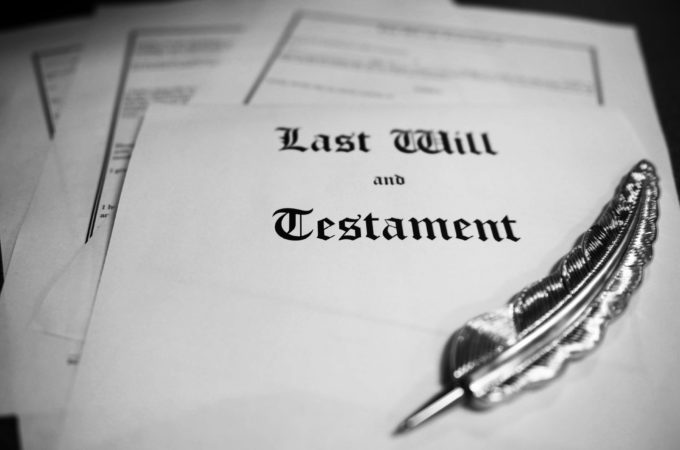I do a lot of work in the insurance industry. Recently, I came across a court case which I thik is a cautionary tale for estate planners and executors. In Gregson v. CAA Insurance., 2021 ONSC 3041, Ms. Gregson was a property owner and name insured on March 17,2017 when…
Category: Testamentary Capacity
Evaluation of decision-making capacity is inherent to the practice of law and medicine and is not the exclusive responsibility or expertise of either. Lawyers may need to assess (among other things) capacity to instruct counsel; to provide evidence; to stand trial; to appoint or revoke Powers of Attorney; to make…
Most know that you don’t have to be legally married to have a “spouse” for income tax purposes, although legal marriage will work. If you have been living with someone in a conjugal relationship for 12 months or more regardless of your sex at birth, you will be considered spouses…
Counsel faced with responding to frivolous objections to an application for a certificate of appointment of estate trustee may wish to consider rule 25.11 of the Rules of Civil Procedure. Rule 25.11 allows the court to strike out (all or part of) a pleading, without leave to amend, on the…
Financial elder abuse is defined by the World Health Organisation as the illegal or improper exploitation or use of funds or resources of the older person.[i] The misuse of a senior’s funds and assets involves the use of the senior’s funds without that senior’s knowledge and/or full consent, or, in…
Today’s blog was written by Christina Papadopoulos, an articling student with de VRIES LITIGATION LLP. What is the minimum level of evidence to be met before a court allows a will challenge to proceed? The recent Ontario Superior Court of Justice decision in Naismith v. Clarke, 2019 ONSC 5280 (“Naismith”)…
Variation(s) of a trust agreement, after it is settled, does carry the risk of causing a resettlement of a trust or a disposition of a beneficiary’s interest in the trust, with serious tax consequences. But not all variations lead to resettlement, fortunately. Recently in an advance ruling, the Canada revenue…
Experts giving evidence in an Ontario court are obliged to sign an acknowledgement that they are independent, with their obligation being to the court and not to the party who retained them. Nonetheless, scepticism regarding objectiveness and discrepancies between expert opinions remains, as demonstrated in the reasons of Justice Mesbur…
In Ntakos Estate v. The Queen, 2018 TCC 224, a family business was owned by the deceased taxpayer, Anna (after her husband passed away in 1995) with two brothers-in-law through a holding corporation. Anna’s mental and physical health declined from 1995 until her death in 2004. She was diagnosed in…
Expert evidence constitutes an exception to the rule that witnesses may only testify as to facts, not opinions, and that it is the exclusive prerogative of the trier of fact to draw inferences from proven facts. The expert evidence exception operates where specialized knowledge is required to determine the implications…






